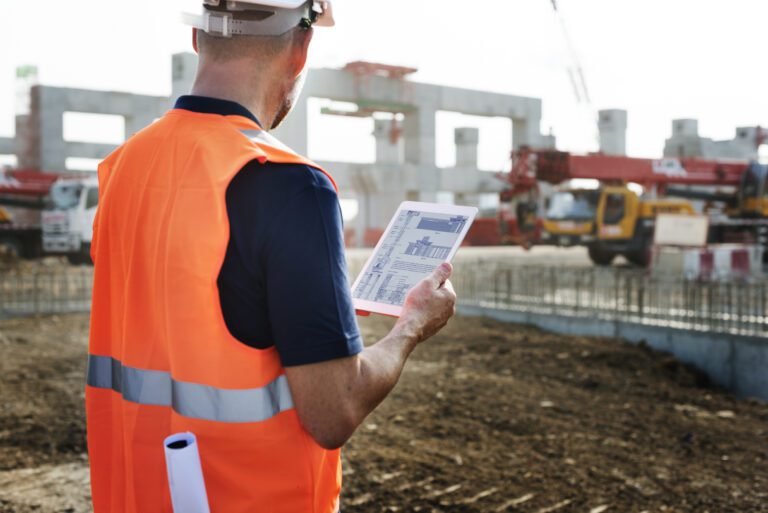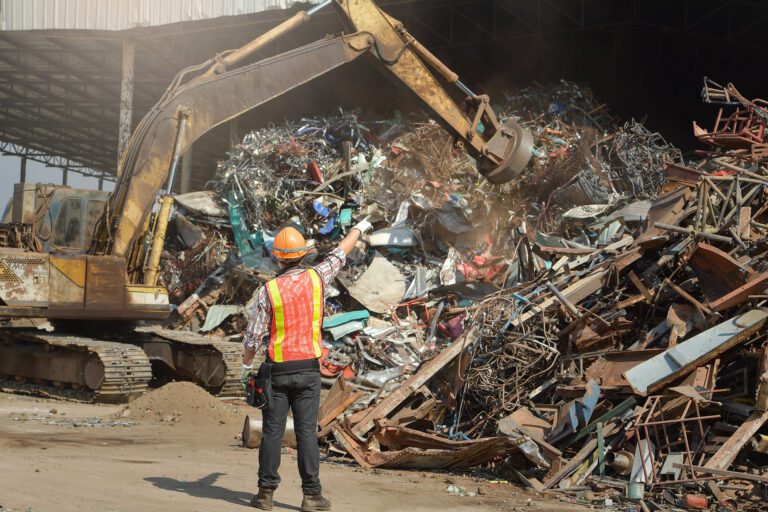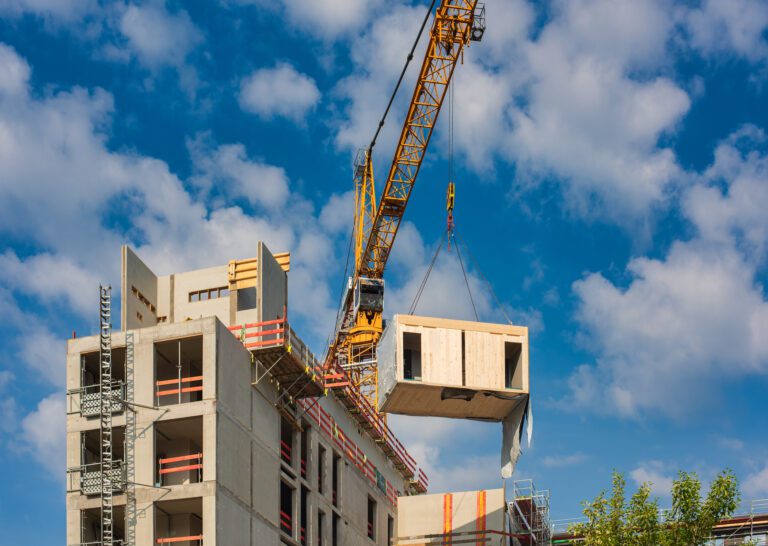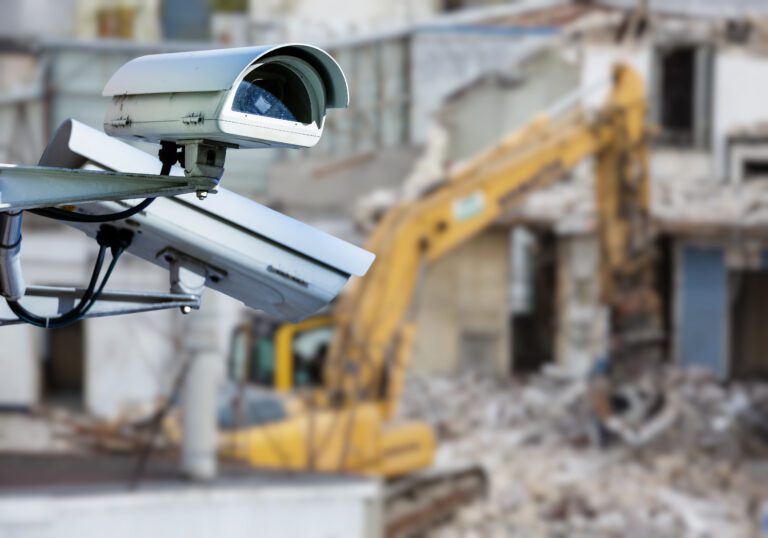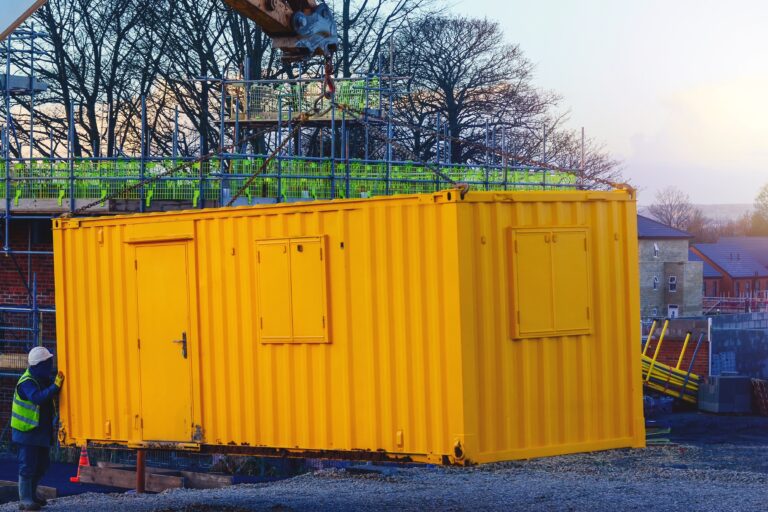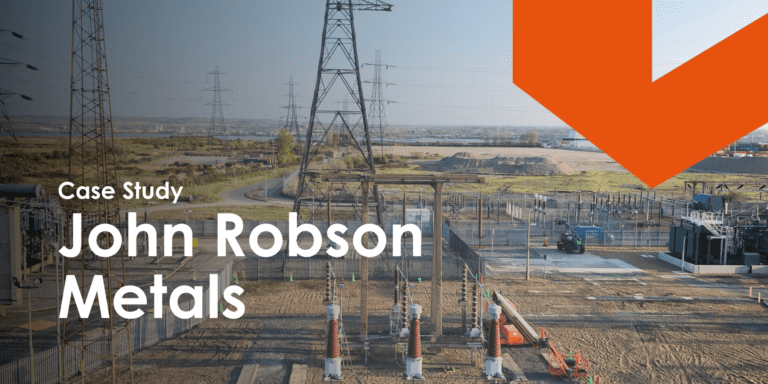5th July, 2022
What is the Role of a Construction Project Manager?
Want to learn all about the role of a construction manager? We break down what they do, from managing workers to keeping with timescales, find out more here.
A construction project manager’s role is varied and busy, and you will often be responsible for more than one project at a time.
There are various skills you need to master in order to carry out all of the tasks that make up your job role, to keep clients satisfied, and to ensure your team is working to a high standard.
In this blog post, we have broken down the main components of the role of a construction project manager, to provide a better understanding of the job overall.
This post acts as a checklist, to ensure you are staying on top of all tasks required of you in your position, and allows you to be better prepared for your upcoming projects.
It can also be used to provide an insight into the role, in case you are considering taking up this post for the first time.
Role of a Construction Project Manager
Your main job is to lead teams through construction projects, keeping in mind the project plan throughout, and considering how to avoid issues and delays along the way.
Though this list is not exhaustive, these are some of the main duties that make up the role of a construction project manager:
- Keeping projects to timescale and managing budgets
- Understanding client needs and keeping them informed
- Leading and organising your team
- Resolving issues and delays
- Adapting to work in the office or on-site
- Overseeing multiple projects at a time
Now that we have outlined the role and responsibilities of a construction project manager, it’s time to go into a bit more detail.
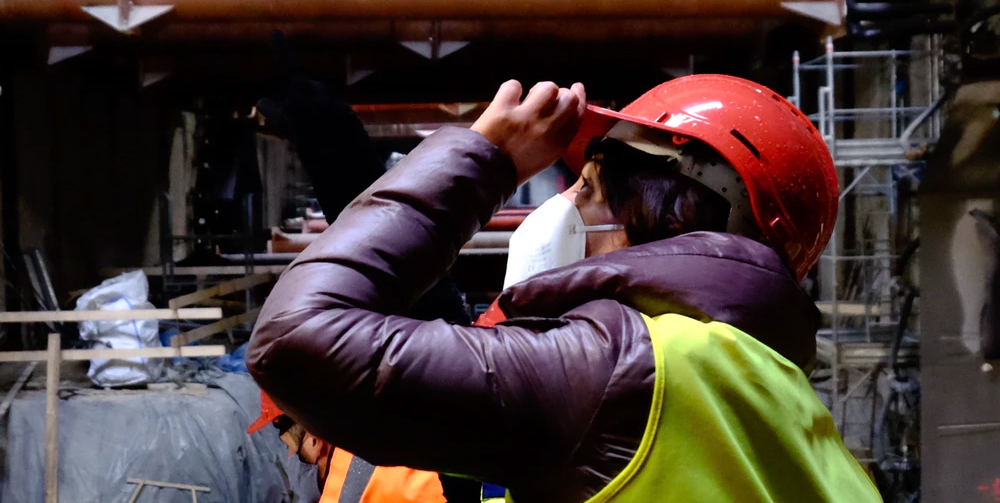
Keeping Projects to Timescale and Staying within Budget
One of the most important aspects of your job is being able to keep projects running smoothly, to the correct timescale, and using the allocated budget.
Projects that you are leading should have clear plans before work begins on-site, they should take into account how long you have for construction, and they should detail how much money is going to be spent.
Timescale
The project timescale acts as a roadmap for the whole team, as it provides guidance for where they should be throughout the whole project.
This timeline can be used by all team members to determine where they are now, what they need to do next, and what the end result should look like.
Without this, projects can end up taking longer than the amount of time you have allocated, which could lead to further issues down the line such as delay’s and unsatisfied clients.
Budgets and Resources
As part of your role as construction project manager, you need to understand the importance of your budget in the early stages of your planning, as this is key to getting your projects approved.
Construction budgets should always be central to any project manager’s plan, as funding is essential to cover the costs of the labour your team are providing, and materials needed to carry out construction to the best standard possible.
Establishing the objectives and end goal of a project helps with the process of creating a budget plan, as understanding the timescale, amount of resources, and the size of the team needed determines how much you need to spend.
Both timescale and budget are agreed with your client before construction work begins, so that everyone is clear on the project plan.
This facilitates smooth communication and helps avoid future misunderstandings.
Understanding What Clients Want and Keeping them Informed
In order to be successful as a construction project manager, you need to understand the needs of your clients so that you can fully understand their expectations.
Part of your job role is to ensure that you are able to meet these expectations, so that you maintain a high level of customer satisfaction.
A client’s needs will help you to map out your construction project plan.
For example, a client may need a certain part of the project to be finished for a specific date, or they may only have a certain budget, which will determine the size of your team, or the amount of materials you will have available to you.
Providing Regular Project Updates
Once the project is up and running, it is vital that you keep clients informed with updates or any changes, such as progress of the project, delays, or possible issues with contractors.
Effective communication skills are needed as part of this duty, as it is important that you are in constant communication with your team members, so at the end of each day, or week, you are able to provide a progress update to your client.
This way any issues can be addressed as soon as they arise, and clients can offer their opinions or express their concerns, if changes to the construction plan need to be made.
As a result of this you, your client and your team are all up to date and able to stick to the set timescale and budget.
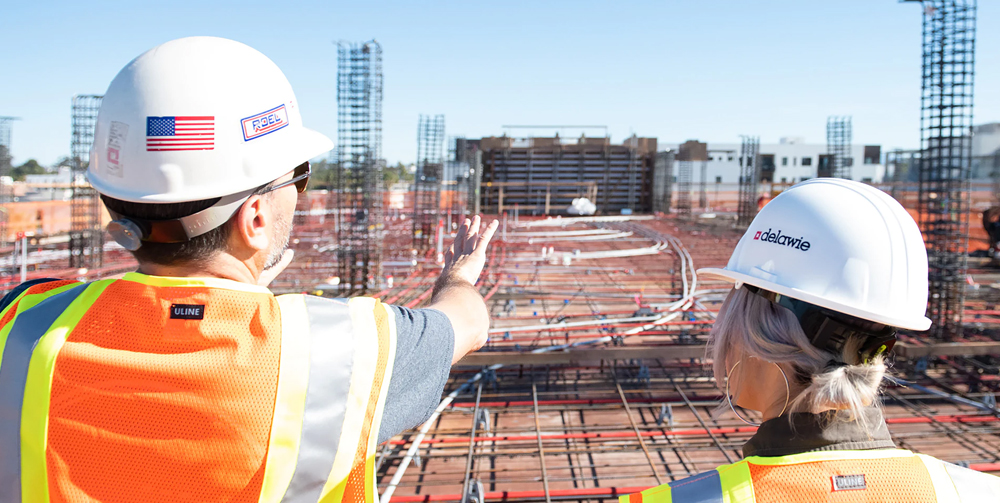
Leading a Team
Put most simply, project leadership is the act of ensuring that your team meets the end goal of project completion.
Leading your team essentially means you need to keep the vision of the project at the centre of all objectives, particularly when you are making bigger decisions. You are being relied upon to keep the project on track, and you need to be able to assess unexpected issues and address them to suit the project.
This is another aspect of your role that is vital to success, as not only are you managing your team, but you are also managing the tasks within the project.
Assigning Responsibilities
Part of your role as construction project manager is to assign specific tasks to each of your team members, as you already have a huge amount of responsibility yourself.
This means you should be aware of the strengths within your employees, as delegating tasks to those correctly equipped with the right knowledge not only gets the job done faster, but also encourages your team to be confident in their own ability.
However, it is your job to ensure all members of the team understand their role from the beginning of the project, and they should be able to communicate any problems to you throughout the process.
This is achieved by demonstrating effective communication among your team, for example, for your team to be able to do their job effectively, it is essential they have the resources and equipment to do so.
Therefore, you must have an open and transparent working relationship with your team, so that problems are solved quickly, and all team members know exactly what they are responsible for.
Keeping Up with Progress
This communication with your team members further allows you to keep up with the progress of your project.
This is important as part of your role includes informing clients of any changes to the project, or any incoming issues or delays you and your team may be facing.
For example, asking your team to give you updates on their own objectives, gives you a better understanding of how the project is progressing as a whole.
This is something you should be checking throughout the project, as you should know at every stage if your project is on track. It is then your job to make changes to team member responsibilities, contact clients, or make bigger decisions when the project isn’t at the stage it should be.
Staying up to date with the latest progress on your projects is vital, if you are to avoid issues and delays as much as possible.
This is where creating a construction report is vital, as it gives all parties a complete overview of what is happening in the project.
Resolving Issues
There are several problems you may face as construction project manager, from slow communication with your client, to starting the project late. It is important that you have ways of dealing with these issues as it is part of your role to keep the project running smoothly.
For every issue that your project is faced with, there are a few steps you can take to ensure that you are making the right decisions for every project:
- Identify the problem
- Develop a series of solutions
- Decide on the best course of action
For example, if you require a little bit of extra funding to complete the project as your plan didn’t account for the right amount of materials needed, there are several things to consider before purchasing more resources.
As project manager, it is important to speak to your team, find out what materials they need, and work out how much this will cost. You then need to pitch this to your client so that they understand why your team needs extra materials, what extra materials are needed, and how much it will cost.
To be effective in your role, you need to be able to navigate these types of issues to avoid delays in project progress.
Avoiding Project Delay’s
Project delays are issues that directly impact budget, and can cause you to miss deadlines, sometimes resulting in projects completely failing. Reasons for delays can vary from weather disruptions, to team members lacking in experience using equipment.
To avoid this, it’s essential that you create a detailed plan for your project, including the timeframe you have available to complete the job.
Within this plan, it is important to create realistic deadlines so you have more than enough time planned for each task, within each objective.
Although it is part of your job role to create this, inviting other heads of department or team managers into the process, will allow you to gain various perspectives and avoid delays in all areas of construction.
It will also be useful to hold team meetings throughout the project, as this will allow you to ensure team members are spending the right amount of time on tasks, and will highlight where schedules may need to be altered if certain tasks require more time.
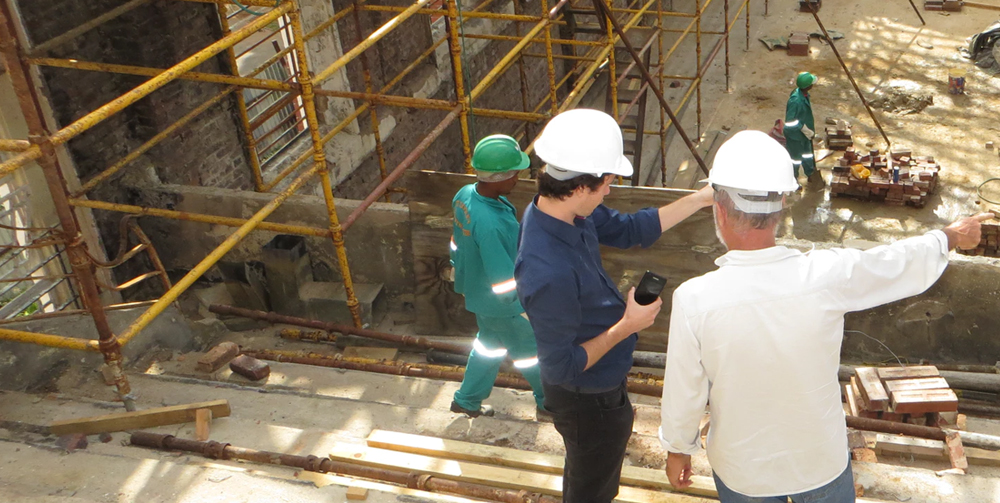
Being Adaptable to Work in an Office or On-site
Project managers usually work between an office and jobsite.
During any project, you should balance work between these locations in order to keep up to date with progress, and identify any issues as and when they arrive.
Before the project begins however, you will spend most of your time in the office drawing up your project plan with team members. This is essential as budget, timescale, resources and labour will need to be identified before the project is approved, and can begin.
Once the project has begun, you will need to spend time on-site to supervise your team and ensure all members are clear about their responsibilities and the end goal of the project.
As the project progresses, your time will be split between the construction site and your office, as you will need to communicate with clients throughout.
It is most likely that you will be managing multiple projects at one time, so you need to be able to be flexible with where you work, and who you work with.
Overseeing Multiple Projects
There are several things to consider when you are managing multiple projects at once, as ultimately, your goal as construction project manager is to ensure the success of every project you are involved with.
When managing multiple projects, time management, organisation, and communication skills are key in order to avoid project overload.
You need to ensure you have a plan for each and every project you are managing, and each plan should include the budget, time frame, the clients needs, and the responsibilities of everyone in your team.
These plans will help you create to-do lists based on what tasks are more time-sensitive, for example if the deadline for one project is closer than another, then those tasks take priority.
When you have your priorities in order, it will be easier to determine the progress of each project and whether you need to delegate certain tasks to team members. This then increases the amount of time you have to fill out duties more central to your job role, such as liaising with contractors, communicating with clients, and supervising your team.
What Is the Role of a Construction Project Manager?
It is important to know your role as a construction project manager, to ensure that your projects are carried out smoothly and successfully.
As we have outlined above, you are responsible for overseeing multiple projects at one time, which means creating detailed project plans, prioritising tasks, supervising teams, and communicating with clients.
To cater to the duties expected of you, it is important to make the best decisions that will benefit your projects, ensuring your business is reliable and your clients are happy with your work.
At YardLink we appreciate how busy your role is as a construction project manager. We also understand how many duties you have to juggle, so we have made it easier for you to source, hire, and manage the equipment you need, all from one online platform.
To try for yourself, set up an account with us, or get in touch with our team for more information.
YOU MIGHT ALSO BE INTERESTED IN

